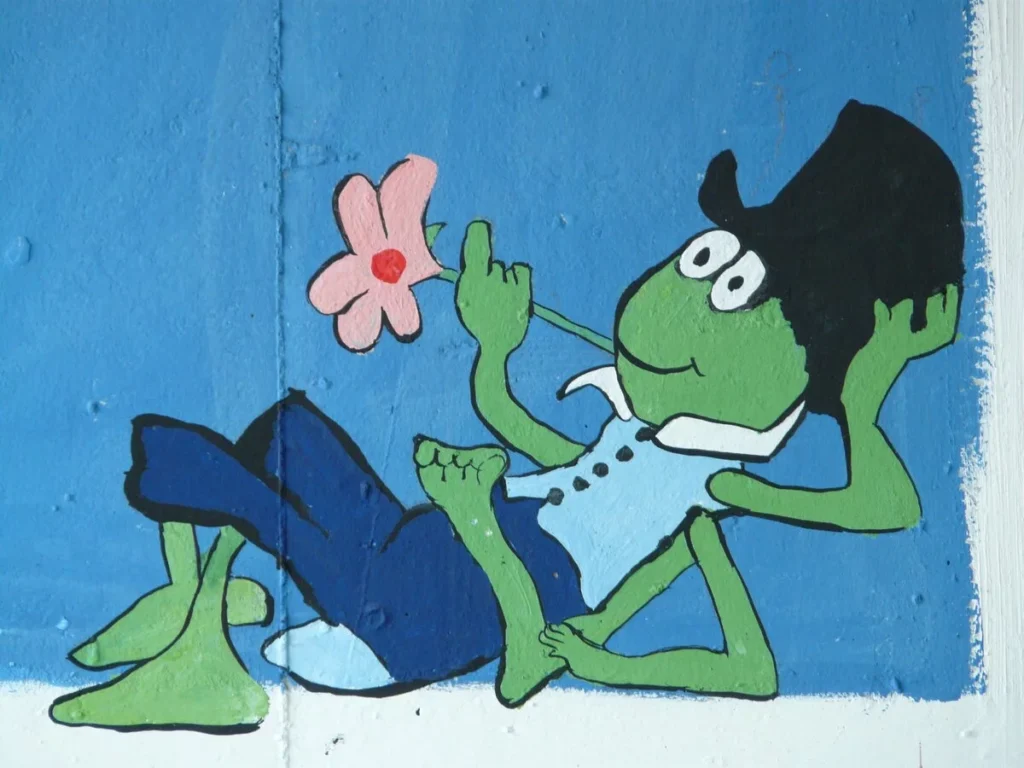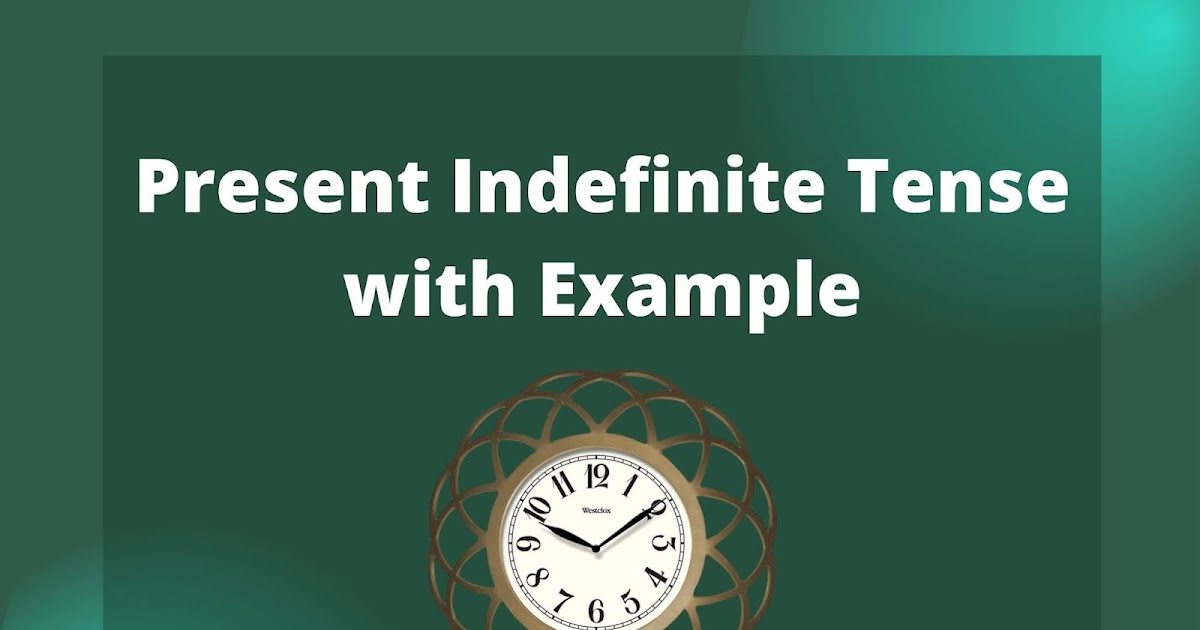Present continuous tense Uses and Definition

Present continuous tense uses and definition are important and play a major role in speaking and writing.
we use present continuous tense in both writing and speaking frequently. There are different situations in which we use present continuous tense. It is also knows as present progressive tense.
In this section, we will discuss everything about present continuous or progressive tense uses and definition like when to use it and what are the structures and helping verbs used in present continuous tense.
What is present continuous tense ?
Present continuous or present progressive tense is used to express different situations. Lets discuss them one by one.
When do we Use Present continuous or Progressive tense?
To talk about ongoing actions
we use present continuous tense to talk about actions that are going on at the time of speaking. We don’t know when the action began and when it will end. The reader only know that action was in its continuous state when it was reported.
Examples :-
Rahul is helping her mother in cooking.
Asha is doing her project work.
Children are playing football in the play ground.
Monkeys are jumping from here to there on the branches of the tree.
I am writing a letter to my friend to invite him to my birthday party.
In the above given sentences, we can see that we are reporting actions that are going on at the time of speaking. By looking at the sentence, we can not tell when it started and for how long it will continue.
Actions that have begun but have not finished yet
Actions that have started and are still in continuous state; they are not finished yet. These are the longer actions that keep going for a very long time.
To report these types of sentences, we use present continuous tense.
Examples
- I am working on a project these days.
- Radha is reading an interesting novel for so many days.
- She is preparing project for her younger sister.
- Mohan and Sohan are playing chess in their farm house.
- She is sowing seeds in her farm.
- The students of that school are protesting outside the school premises over the cancellation of the exam.
Present continuous does not mean that an action must be going on at the time of reporting
Present continuou tense of Present progressive simply means that an action is started and has not finished yet. It is not necessary that the action must be in continous state at the time of reporting as well. It simply means that the action is started and not complete yet. For example:Some Examples
- Mohan is persuing her Law Degree from Oxfort University.
- Simon is working a reallly interesting novel these days.
- I am working on a project these days.
- He is prepating for his entrance exam.
In above examples, Mohan, Simon and others are not working at the time of reporting. It means that these persons have started the action but it is in the middle, and it is not over or complete yet.
To Talk about Temporary situation
Present continuous tense is used to talk about actions that will not last for a very long time and they are temporary.
For Example:
If a Person has gone on a trip to maldives for some days, in this situation, he can not say that I live in Maldives. He will say instead that I am living in Maldives these days.
Imagine a person is having breakfast, he will say that I am having breakfast. Becuase that action is not going to last for a long time. That is a temporary action.
To talk about actions that will take place in future
We can also use present continuous tense to talk about actions that will take place in future. When we use present continuous tense to talk about actions that will take place in future, we must mention time to express future meaning.
we can understand this by a few examples:-
- She is going to leave for Delhi
tonight. - I am going to meet my friend next week.
- They are going to board the train within an hour.
- My parents are going to arrive in Itanagar the next morning.
When not to use Present continuous Tense
There are situation where we dont use present continuous or present progressive tense.
With Point of Time
We do not use present continuous tense with given point of time as the tense is about an action that is going on.
In present continuous tense, we dont know when the action began and for how long will it continue so we can not mention the point of time with present continuous tense.
For Instance, If we say “She is reading her text books at 3 pm.” The sentence is not correct as the action in going on and we dont know when it started nor do we know when it will finish. We only know that at present moment the action is in continuou state. To conclude, we can not use present continuous tense with point of time.
With period of Time
We can not use present continuous tense with period of time as well. To report duration of time in continuous situation, we use present perfect continuous tense. we can not mention duration in present continuous tense. The sentence, “I am teaching English for 2 years.” is not correct.
So we can not use present continuous tense with duration of time.
For permanent situation
we dont use present continuous tense for permanent situations.
Permanent situations like If you want tell people about the place where you were born and raised or if you tell people about your job, you should not use presetn continuous tense.
I wont say that ” I am working for bank.” rather I would say that “I work for a bank.” and I won’t say “I am living in New York” If I am a native of that place rather I would say “I live in New York.”
To talk about permanent situations we use Present indefinite tense or Present simple tense.
With Stative verbs
https://www.perfect-english-grammar.com/stative-verbs.html
There are verbs with which we dont use or can not use present continuous tense. These verbs are known as State verbs or copula.
List of Stative verbs:
own, possess, think, feel, understand, sound, know, consist, comprise, hope
Verbs of sense: see, feel, touch, smell, and taste
For example
Correct: I own a car.
Incorrect: I am owning a car.
Structures for Present Continuous Tense
Affirmative
S + Is/Are/Am + V4 + O
- She is writing a letter.
- Mohan is asking his friend to help him solve the questions.
- Ther are picking fruits from the farm.
- It is raining outside.
- I am writing an invitation letter to my friend.
Negative
Subject + Is/Are/Am + Not + V4 + Object
- They are not going to school.
- She is working in her farm.
- Mohan and Sohan both are playing cricket together.
- My friend is working hard for her exams.
Interrogative I
Is/Are/Am + Subject + V4 + Object + ?
- Are you going to swim in the river?
- Are they working hard for their exams.
- Is she doing anything wrong?
- Am I asking you to leave?
Interrogative 2nd
WH word/Question word + Is/Are/Am + Subject + V4 + Object + ?
- Why are you running so fast?
- whe is she crying over the situation?
- Why am I doing this?
| Subjects (Pronouns | Helping verb |
| I | Am |
| He/She/It/Any Name | Is |
| We/You/They | Are |
Adverbs of Frequency with Present continuous tense
We dont use Frequency adverbs with present continuous tense. Words like sometimes,never, always, frequently, rarely, hardly, once, twice, thrice are not used with present continuous tense.
Final words
Present continuous tense or present progressive tense is used to talk about temporary situations, ongoing actions, actions that have started but have not finished yet, and to talk about actions that will take place in future. We always use present participle form of main verb in present continuous tense and state verbs are not used in presen continuous or progressive tense.
